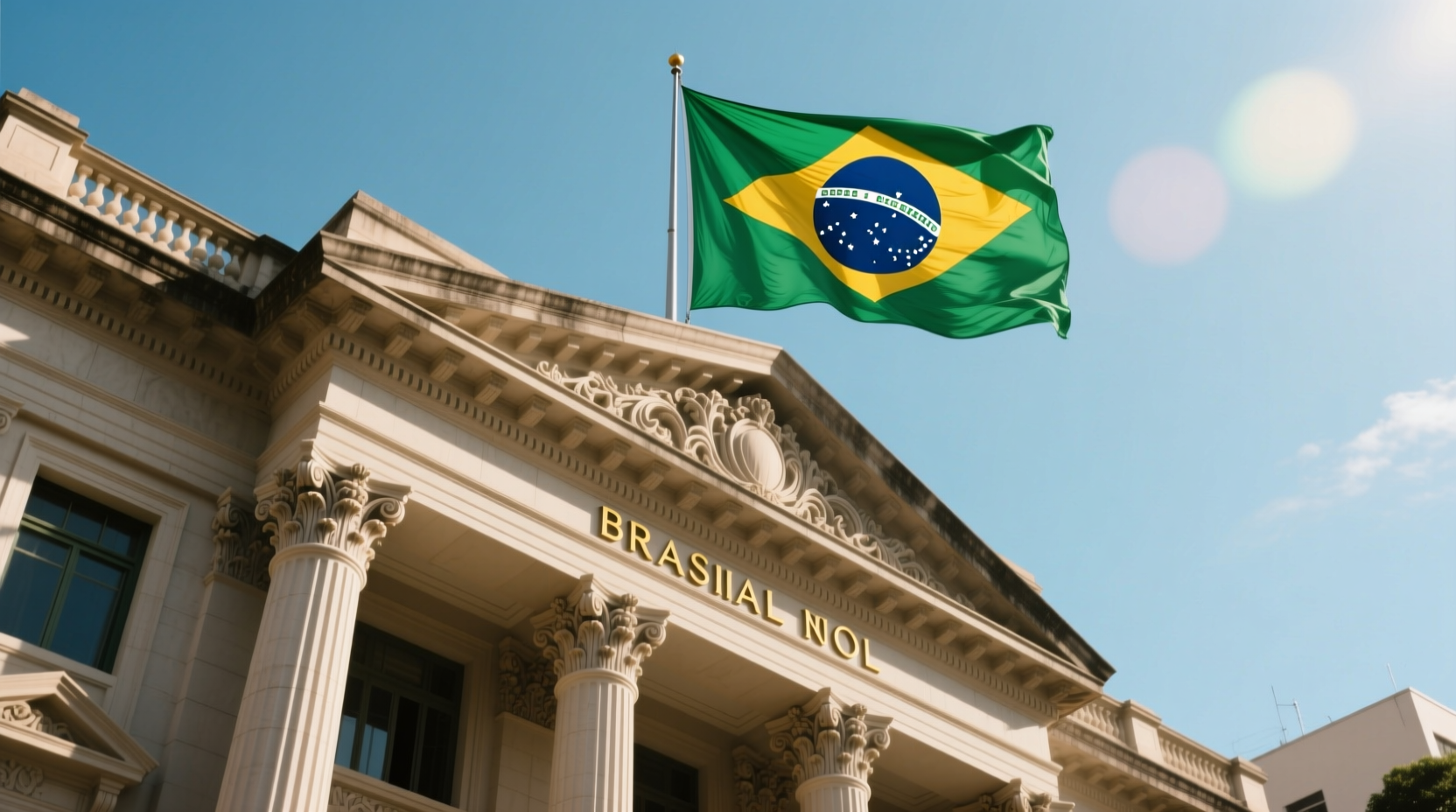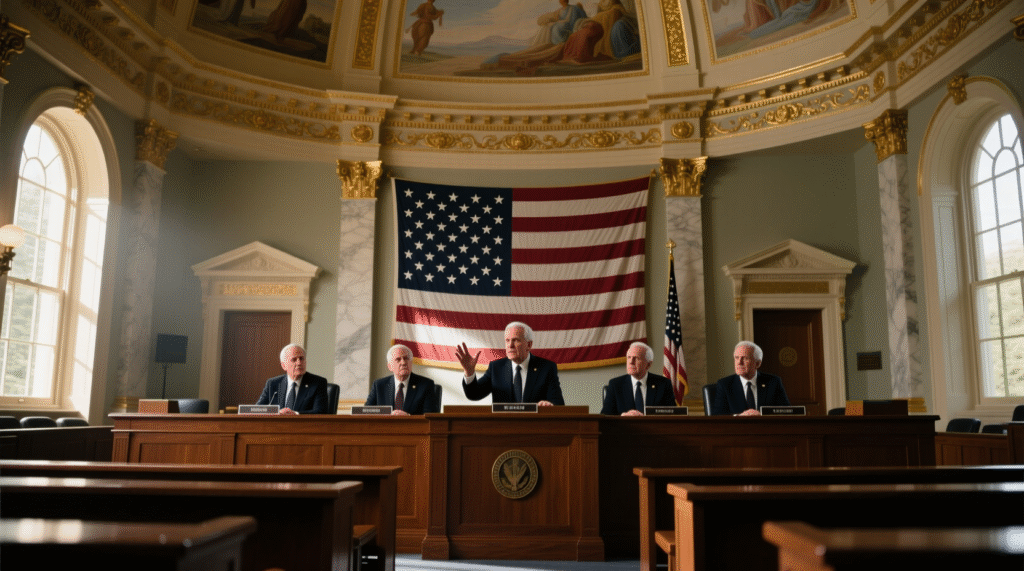Brazil’s central bank, Banco Central do Brasil (BCB), has finalized regulations that will place crypto cоmpanies under banking-style oversight, treating stablecoin transactions and certain self-custody wаllet transfers as foreign-exchange operations and extending anti-money laundering (AML) and FX compliance requirements to these digital assets.
Key Points
- Resolutions 519, 520, and 521 establish licensing, operational standards, and compliance rules for SPSAVs, covering AML, consumer protection, transparency, governance, and security
- Virtual asset activities, including international payments and transfers, are now regulated as FX and capital market operations, with limits and reporting requirements set to start by May 2026
- The BCB stated that the new framework expands existing consumer protection, transparency, and AML rules to cover crypto brokers, custodians, and intermediaries
Key points:
- Brazil’s central bank will classify stablecoin transactions and certain self-custody wallet transfers as foreign-exchange operations, bringing crypto firms under banking-style oversight.
- Resolutions 519, 520, and 521 establish licensing, operational standards, and compliance rules for SPSAVs, covering AML, consumer protection, transparency, governance, and security.
- Virtual asset activities, including international payments and transfers, are now regulated as FX and capital market operations, with limits and reporting requirements set to start by May 2026.
Under Resolutions 519, 520, and 521, the BCB introduced operational standards and licensing procedures for Sociedades Prestadoras de Serviços de Ativos Virtuais (SPSAVs), a newly defined category of regulated virtual-asset service providers in the country.
The BCB stated that the new framework expands existing consumer protection, transparency, and AML rules to cover crypto brokers, custodians, and intermediaries. These regulations will take effect in February 2026, with mandatory reporting for capital-market and cross-border transactions scheduled to start in May 2026.
Related: CFTC Opens Door for National Trust Banks to Issue Stablecoins
Resolution BCB No. 520 outlines the rules for offering virtual asset services and the establishment and functioning of SPSAVs. It applies to entities providing services such as custody, brokering, and intermediary operations, and imposes obligations covering client protection, transparency, AML and counter-terrorism financing, governance, internal controls, security, and reporting.
Resolution BCB No. 519 governs the authorization process for SPSAVs and updates prior regulations affecting foreign exchange brokerage, securities distribution, and other financial intermediaries. It defines requirements and deadlines for existing virtual asset service providers to transition to the SPSAV framework safely and in compliance with the new standards.
Related: Judge Allows Insider Trading Lawsuit Against Coinbase Execs
Resolution BCB No. 521 classifies certain virtual asset activities as foreign exchange and international capital market operations. This includes international payments or transfers with virtual assets, transfers linked to electronic payment obligations, and transactions with self-custodied wallets, subject to ownership verification.
SPSAVs and other authorized institutions can now provide virtual asset services in the foreign exchange market, with transaction limits and restrictions designed to enhance efficiency, legal certainty, and safeguard national financial statistics. The rules aim to integrate virtual assets into Brazil’s regulated financial ecosystem while mitigating risks and preventing regulatory arbitrage.












